Filter by
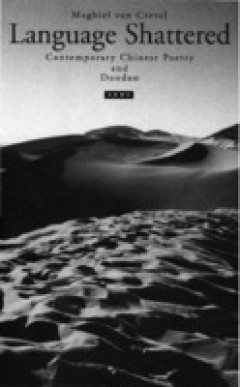
Language Shattered : Contemporary Chinese Poetry and Duoduo
Language Shattered is both a history of poetry from the People's Republic of China and a case study of the oeuvre of a leading Chinese poet. After the stifling orthodoxy of the 1950s and early 1960s, the terror of the Cultural Revolution (1966-1976) brought official Chinese literature to a total standstill. At the same time, disillusioned youths were more or less accidentally exposed to a varie…
- Edition
- -
- ISBN/ISSN
- 9789073782525
- Collation
- -
- Series Title
- -
- Call Number
- 800 CRE l
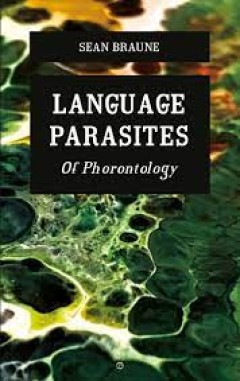
Language Parasites : of Phorontology
Who speaks when you speak? Who writes when you write? Is it “you”—is it the “I” that you think you are? Or are we the chance inheritors of an invasive, exterior parasite—a parasite that calls itself “Being” or “Language?” If our sense of self is best defined on the basis of an exterior, parasitical force that enters us from the outside, then the “self” is no longer a cen…
- Edition
- -
- ISBN/ISSN
- 9780998531861
- Collation
- 136 halaman
- Series Title
- -
- Call Number
- 400 BRA l
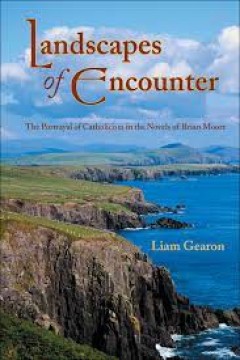
Landscapes of Encounter : The Portrayal of Catholicism in the Novels of Brian…
Brian Moore (1921-1999) is one of the few novelists whose literary portrayal of Catholicism effectively spans the period prior to and following the Second Vatican Council. His novels—from 1955’s Judith Hearne to his final work, 1997’s The Magician’s Wife—are characterized by an enormously varied portrayal of pre- and post-Vatican II Catholicism. Many critics have discussed how Moore�…
- Edition
- -
- ISBN/ISSN
- 9781552386637
- Collation
- 312 halaman
- Series Title
- -
- Call Number
- 800 GEA l
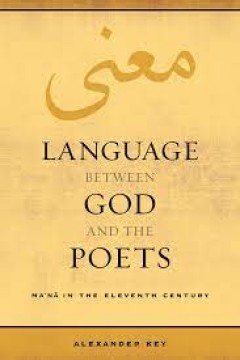
Language Between God and the Poet : Ma‘na in the Eleventh Century
How does language work? How does language produce truth and beauty? Eleventh-century Arabic scholarship has detailed answers to these universal questions. Language Between God and the Poets reads the theory of four major scholars and asks how the conceptual vocabulary they shared enabled them to create theory in lexicography, theology, logic, and poetics. Their ideas engaged God and poetry at t…
- Edition
- -
- ISBN/ISSN
- 9780520970144
- Collation
- 322 halaman
- Series Title
- Berkeley Series in Postclassical Islamic Scholarship
- Call Number
- 800 KEY l
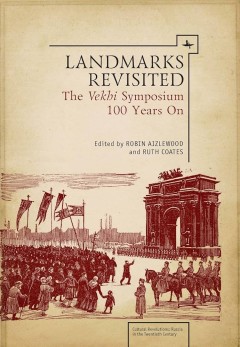
Landmarks Revisited : The Vekhi Symposium One Hundred Years On
The symposium entitled Vekhi, or Landmarks, is one of the most famous publications in Russian intellectual and political history. Its fame rests on the critique it offers of the phenomenon of the Russian intelligentsia. It was published in 1909, under the editorship of Mikhail Gershenzon, as a polemical response to the revolution of 1905, the failed outcome of which was deemed by all the Landma…
- Edition
- -
- ISBN/ISSN
- 9781618117021
- Collation
- 324 halaman
- Series Title
- Cultural Revolutions: Russia in the Twentieth Century
- Call Number
- 800 AIZ l
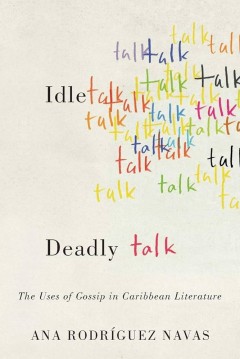
Idle Talk, Deadly Talk : The Uses of Gossip in Caribbean Literature
The first book-length study of gossip’s place in the literature of the multilingual Caribbean reveals gossip to be a utilitarian and deeply political practice—a means of staging the narrative tensions, and waging the narrative battles, that mark Caribbean politics and culture. Revising the overly gendered existing critical frame, Rodríguez Navas argues that gossip is a fundamentally advers…
- Edition
- -
- ISBN/ISSN
- 9780813941622
- Collation
- 380 halaman
- Series Title
- -
- Call Number
- 800 NAV i
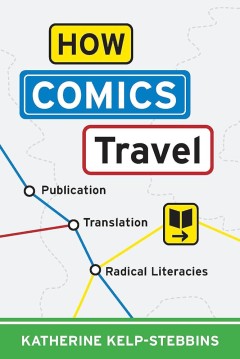
How Comics Travel : Publication, Translation, Radical Literacies
n How Comics Travel: Publication, Translation, Radical Literacies, Katherine Kelp-Stebbins challenges the clichéd understanding of comics as a “universal” language, circulating without regard for cultures or borders. Instead, she develops a new methodology of reading for difference. Kelp-Stebbins’s anticolonial, feminist, and antiracist analytical framework engages with comics as sites o…
- Edition
- -
- ISBN/ISSN
- 9780814215043
- Collation
- 238 halaman
- Series Title
- -
- Call Number
- 700 KEL h
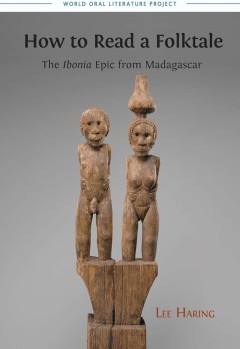
How to Read a Folktale : The ‘Ibonia’ Epic From Madagascar
How to Read a Folktale offers the first English translation of Ibonia, a spellbinding tale of old Madagascar. Ibonia is a folktale on epic scale. Much of its plot sounds familiar: a powerful royal hero attempts to rescue his betrothed from an evil adversary and, after a series of tests and duels, he and his lover are joyfully united with a marriage that affirms the royal lineage. These fairytal…
- Edition
- -
- ISBN/ISSN
- 9781909254077
- Collation
- 163 halaman
- Series Title
- -
- Call Number
- 800 HAR h
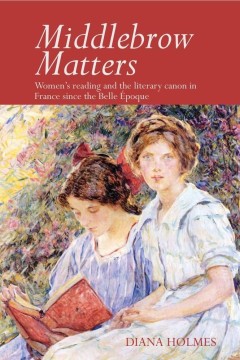
Middlebrow Matters : Women's reading and the literary canon in France since t…
Middlebrow is a derogatory word that connotes blandness, mediocrity and a failed aspiration to ‘high' culture. However, when appropriated as a positive term to denote that wide swathe of literature between the challenging experimentalism of the high and the formulaic drive of the popular, it enables a rethinking of the literary canon from the point of view of what most readers actually re…
- Edition
- -
- ISBN/ISSN
- 9781786941565
- Collation
- -
- Series Title
- Contemporary French and Francophone Cultures
- Call Number
- 800 HOL m
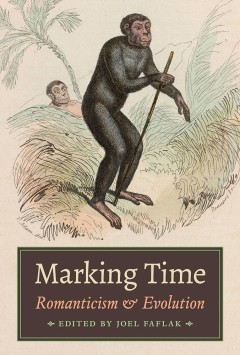
Marking Time : Romanticism and Evolution
Scholars have long studied the impact of Charles Darwin's writings on nineteenth-century culture. However, few have ventured to examine the precursors to the ideas of Darwin and others in the Romantic period. Marking Time, edited by Joel Faflak, analyses prevailing notions of evolution by tracing its origins to the literary, scientific, and philosophical discourses of the long nineteenth centur…
- Edition
- -
- ISBN/ISSN
- 9781442644304
- Collation
- 336 halaman
- Series Title
- -
- Call Number
- 800 MAR
 Computer Science, Information & General Works
Computer Science, Information & General Works  Philosophy & Psychology
Philosophy & Psychology  Religion
Religion  Social Sciences
Social Sciences  Language
Language  Pure Science
Pure Science  Applied Sciences
Applied Sciences  Art & Recreation
Art & Recreation  Literature
Literature  History & Geography
History & Geography